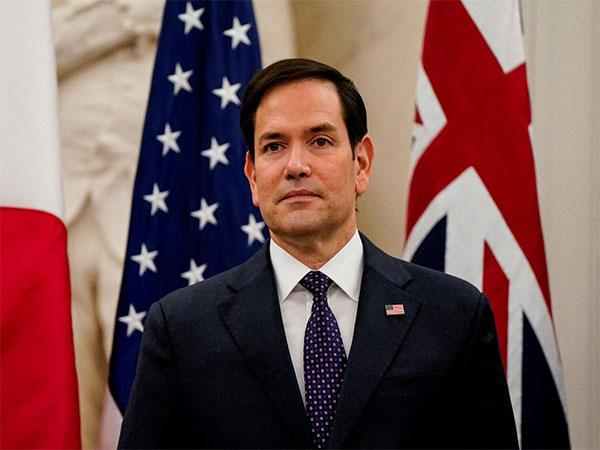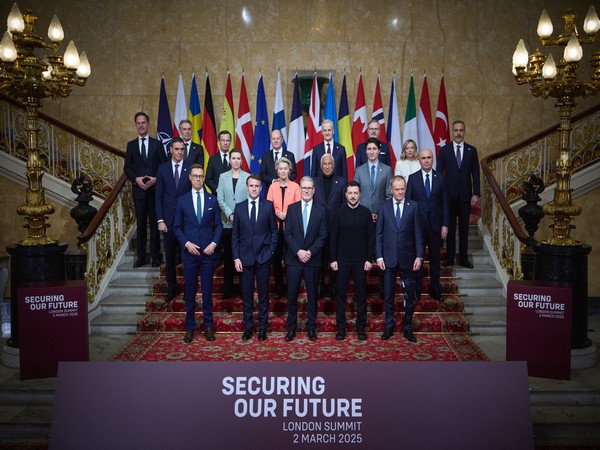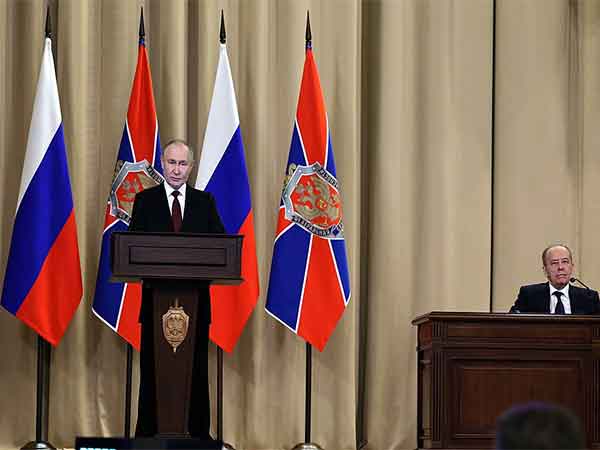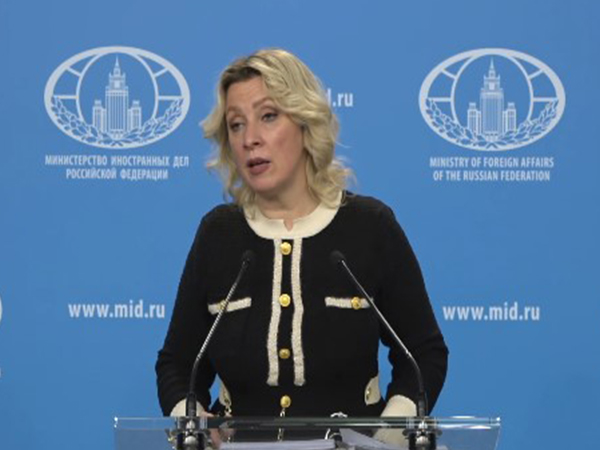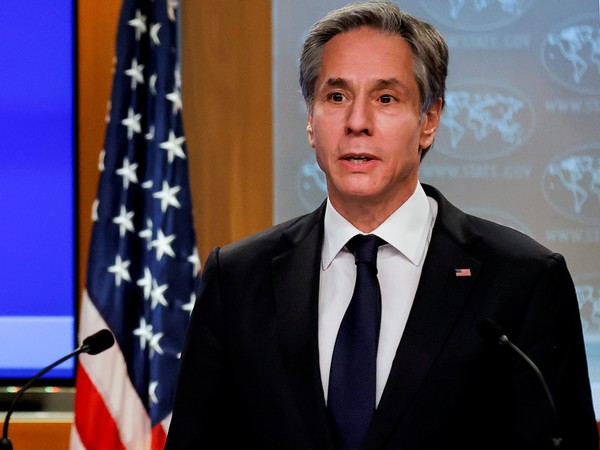
Newly confirmed U.S. Secretary of State Antony Blinken addresses reporters during his first press briefing at the State Department in Washington, U.S., January 27, 2021. REUTERS/Carlos Barria/Pool - RC2KGL9NHFT0
Washington [US], November 21 (ANI): In an apparent dig at China, US Secretary of State Antony Blinken on Saturday promised new investment in Senegal without “saddling countries with unmanageable debts.”
Blinken made this remark as he wrapped up his visit to Africa, where he underscored the depth and breadth of the US’ relationships with its African partners.
“Our projects in Senegal – and to me, this is the most important part – the projects build upon the values that we share as democracies, namely transparency, accountability, the rule of law, competition, and innovation. These are also the driving ideals behind the U.S. Government’s Build Back Better World initiative,” he said.
Blinken said that the US hopes to drive a race to the top with global infrastructure projects to close the gap while creating local jobs, protecting workers and the environment, reducing corruption, and “all of that without saddling countries with debts that can be unmanageable.”
This comes as Belt and Road Initiative (BRI), adopted by the Chinese government in 2013, has grown rapidly over the past few years. BRI has left scores of lower- and middle-income countries (LMIC) saddled with “hidden debts” totaling USD 385 billion, according to new research.
The US Government has announced a similar program, Build Back Better (B3W) a few months ago aimed at halting the BRI’s expansion.
Experts believe that China would potentially face difficulties in maintaining current deals and bilateral agreements under the BRI as the US and EU-led schemes to endorse transparency in trading, partnership, and value-driven infrastructure development are conspicuously absent in the BRI’s terms of reference.
Since its launch in 2013, the BRI has been well received across the globe due to its easy loan parameters. But, these concessions facilitated economic and military expansion for the Chinese, allowing them to build infrastructure, establish military bases in BRI- recipient countries clearing the way for Beijing’s expansion towards fulfilling its goal of becoming a global power.
According to research published by AidData, China has used debt rather than aid, to establish a dominant position in the international development finance market. The report has analyzed more than 13,000 aid and debt-financed projects worth more than USD 843 billion across 165 countries. (ANI)







